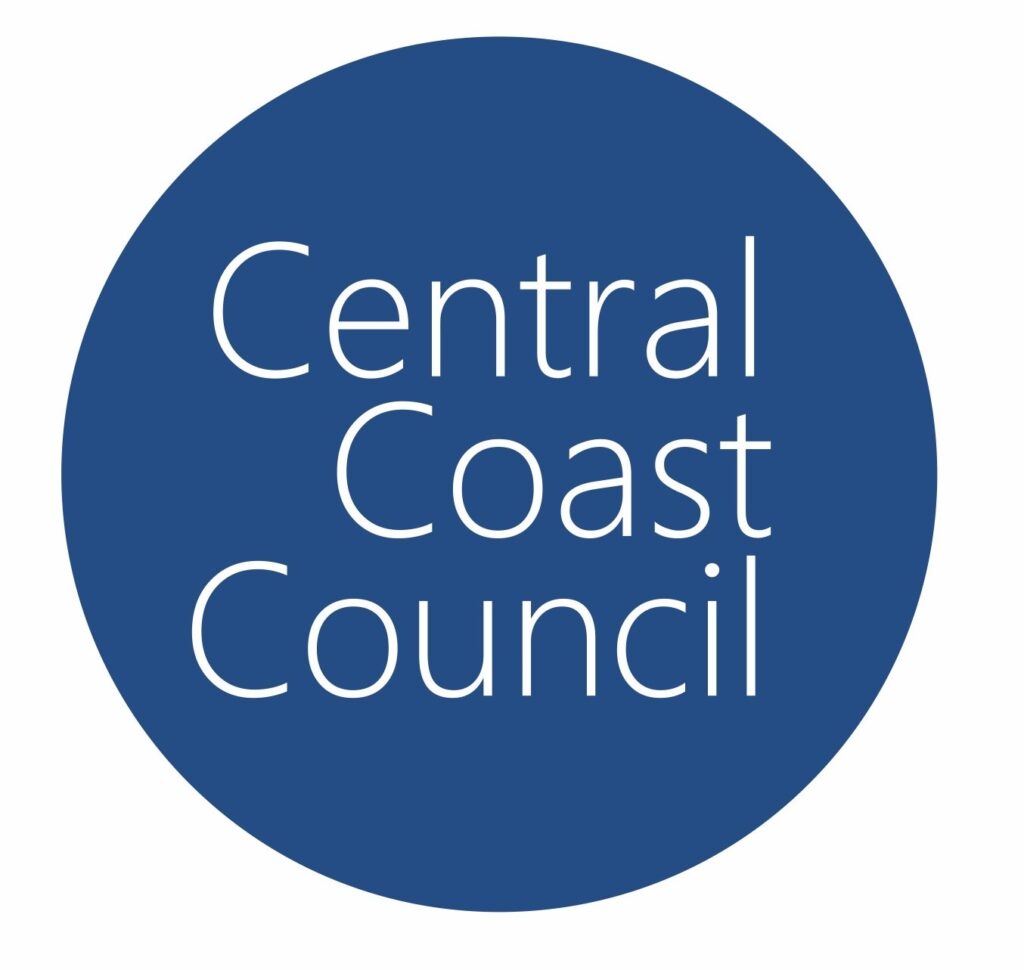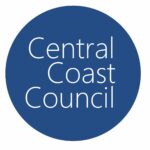Before taking a closer look at the pilot learning resources and activities, check out our short FAQ section here to learn more about the curation process and how you can get involved as a collaborator, tester, or user.
Lesson Structures / Pedagogical Approach
When curating Central Coast Education Network learning resources and experiences, we have adopted an Inquiry-Based Learning (IBL) pedagogy approach.
Why We Chose IBL:
Learning Themes - Why and How they've been chosen
The Central Coast Education Networks Learning Themes offer multiple pathways to explore local, relevant challenges and opportunities across the Coast, and then curate classroom resources and activities connected to them which can be aligned to multiple KLAs.
The selection of Learning Themes (note room to change and add more if required) was guided by a structured decision-making process, ensuring that all learning activities are:
Learning Themes - For a Future Ready Coast
Our Coast
Understanding the factors shaping the Central Coast’s future, including economic trends, urban planning, infrastructure, sustainability, and workforce development.
The Business of Staying in Business
Exploring the key pillars of business success and how companies sustain growth and resilience.
Focus Areas & Industry Leads:
Going Net Zero
Investigating how Central Coast industries are driving innovation toward a decarbonised economy, with a deep dive into water sustainability and its role in a Net Zero future.
Food, Glorious Food
Exploring the Central Coast’s position as a national leader in food production, sustainability, and consumer engagement through hands-on competitions.
No Registration Required to Access Classroom Resources... However
You do not need to provide an email address or contact details to use these resources. However, if you’d like to participate in the Central Coast Education Networks ecosystem—including free professional learning sessions, teacher and student credentialing, partner collaborations, or pilot/testing opportunities—you need to be a registered user (note no-cost).
Ongoing support and involvement from our industry, government, and research partners is made possible by the experiences of teachers and students like you being shared. Your feedback and participation in shaping and improving these resources are always valued and appreciated, and help us build the business case for this work to continue at no cost to our schools and teachers.
Classroom Resources and Activities - Terms of Use
How We Licence Classroom Resources
Central Coast Education Network classroom resources and activities are freely available for all educators, teachers and schools to use under a Creative Commons, Attribution-NonCommercial-ShareAlike 4.0 International license agreement.
Here is what it means in human language: You are free to:
License terms:
These terms must be accepted by educators, teachers and schools wishing to use Central Coast Education Networks classroom resources.
Before taking a closer look at the pilot learning resources and activities, check out our short FAQ section here to learn more about the curation process and how you can get involved as a collaborator, tester, or user.
Lesson Structures / Pedagogical Approach
When curating Central Coast Education Network learning resources and experiences, we have adopted an Inquiry-Based Learning (IBL) pedagogy approach.
Why We Chose IBL:
Learning Themes - Why and How they've been chosen
The Central Coast Education Networks Learning Themes offer multiple pathways to explore local, relevant challenges and opportunities across the Coast, and then curate classroom resources and activities connected to them which can be aligned to multiple KLAs.
The selection of Learning Themes (note room to change and add more if required) was guided by a structured decision-making process, ensuring that all learning activities are:
Learning Themes - For a Future Ready Coast
Our Coast
Understanding the factors shaping the Central Coast’s future, including economic trends, urban planning, infrastructure, sustainability, and workforce development.
The Business of Staying in Business
Exploring the key pillars of business success and how companies sustain growth and resilience.
Focus Areas & Industry Leads:
Going Net Zero
Investigating how Central Coast industries are driving innovation toward a decarbonised economy, with a deep dive into water sustainability and its role in a Net Zero future.
Food, Glorious Food
Exploring the Central Coast’s position as a national leader in food production, sustainability, and consumer engagement through hands-on competitions.
No Registration Required to Access Classroom Resources... However
You do not need to provide an email address or contact details to use these resources. However, if you’d like to participate in the Central Coast Education Networks ecosystem—including free professional learning sessions, teacher and student credentialing, partner collaborations, or pilot/testing opportunities—you need to be a registered user (note no-cost).
Ongoing support and involvement from our industry, government, and research partners is made possible by the experiences of teachers and students like you being shared. Your feedback and participation in shaping and improving these resources are always valued and appreciated, and help us build the business case for this work to continue at no cost to our schools and teachers.
Classroom Resources and Activities - Terms of Use
How We Licence Classroom Resources
Central Coast Education Network classroom resources and activities are freely available for all educators, teachers and schools to use under a Creative Commons, Attribution-NonCommercial-ShareAlike 4.0 International license agreement.
Here is what it means in human language: You are free to:
License terms:
These terms must be accepted by educators, teachers and schools wishing to use Central Coast Education Networks classroom resources.

This Central Coast Council Project is an economic development strategic initiative (from the Central Coast Economic Development Strategy 2040) designed to foster collaboration between education, industry, government, and the broader community. The project’s central hub has been named Central Coast Education Networks.
Council’s program supplier is MCB Business Partners, under the leadership of the Central Coast Council’s Economic Development Section. The project aims to create and enhance school programs & lessons that inspire young people to connect with commerce on the Central Coast and all its opportunities.
We acknowledge the Traditional Custodians of the land on which we live, work and play. We pay our respects to Darkinjung country, and Elders past and present. We recognise the continued connection to these lands and waterways and extend this acknowledgement to the homelands and stories of those who also call this place home. We recognise our future leaders and the shared responsibility to care for and protect our place and people.

This Central Coast Council Project is an economic development strategic initiative (from the Central Coast Economic Development Strategy 2040) designed to foster collaboration between education, industry, government, and the broader community. The project’s central hub has been named Central Coast Education Networks.
Council’s program supplier is MCB Business Partners, under the leadership of the Central Coast Council’s Economic Development Section. The project aims to create and enhance school programs & lessons that inspire young people to connect with commerce on the Central Coast and all its opportunities.
We acknowledge the Traditional Custodians of the lands on which we live, learn, and work. We pay our respects to Elders past, present, and emerging and recognise their ongoing connection to Country, culture, and community. We are committed to walking alongside First Nations peoples in the spirit of reconciliation and respect.

Central Coast Education Networks is A Central Coast Council Economic Development Initiative
This Central Coast Council Project is an economic development strategic initiative (from the Central Coast Economic Development Strategy 2040) designed to foster collaboration between education, industry, government, and the broader community. The project’s central hub has been named Central Coast Education Networks.
Council’s program supplier is MCB Business Partners, under the leadership of the Central Coast Council’s Economic Development Section. The project aims to create and enhance school programs & lessons that inspire young people to connect with commerce on the Central Coast and all its opportunities.

Central Coast Education Networks is A Central Coast Council Economic Development Initiative
This Central Coast Council Project is an economic development strategic initiative (from the Central Coast Economic Development Strategy 2040) designed to foster collaboration between education, industry, government, and the broader community. The project’s central hub has been named Central Coast Education Networks.
Council’s program supplier is MCB Business Partners, under the leadership of the Central Coast Council’s Economic Development Section. The project aims to create and enhance school programs & lessons that inspire young people to connect with commerce on the Central Coast and all its opportunities.